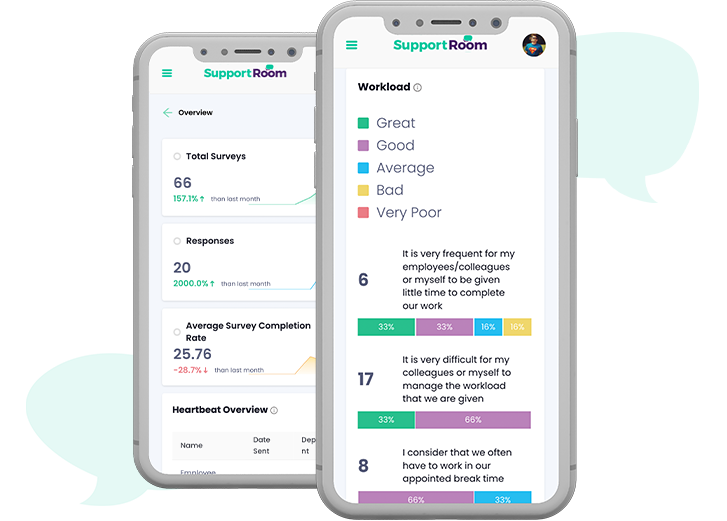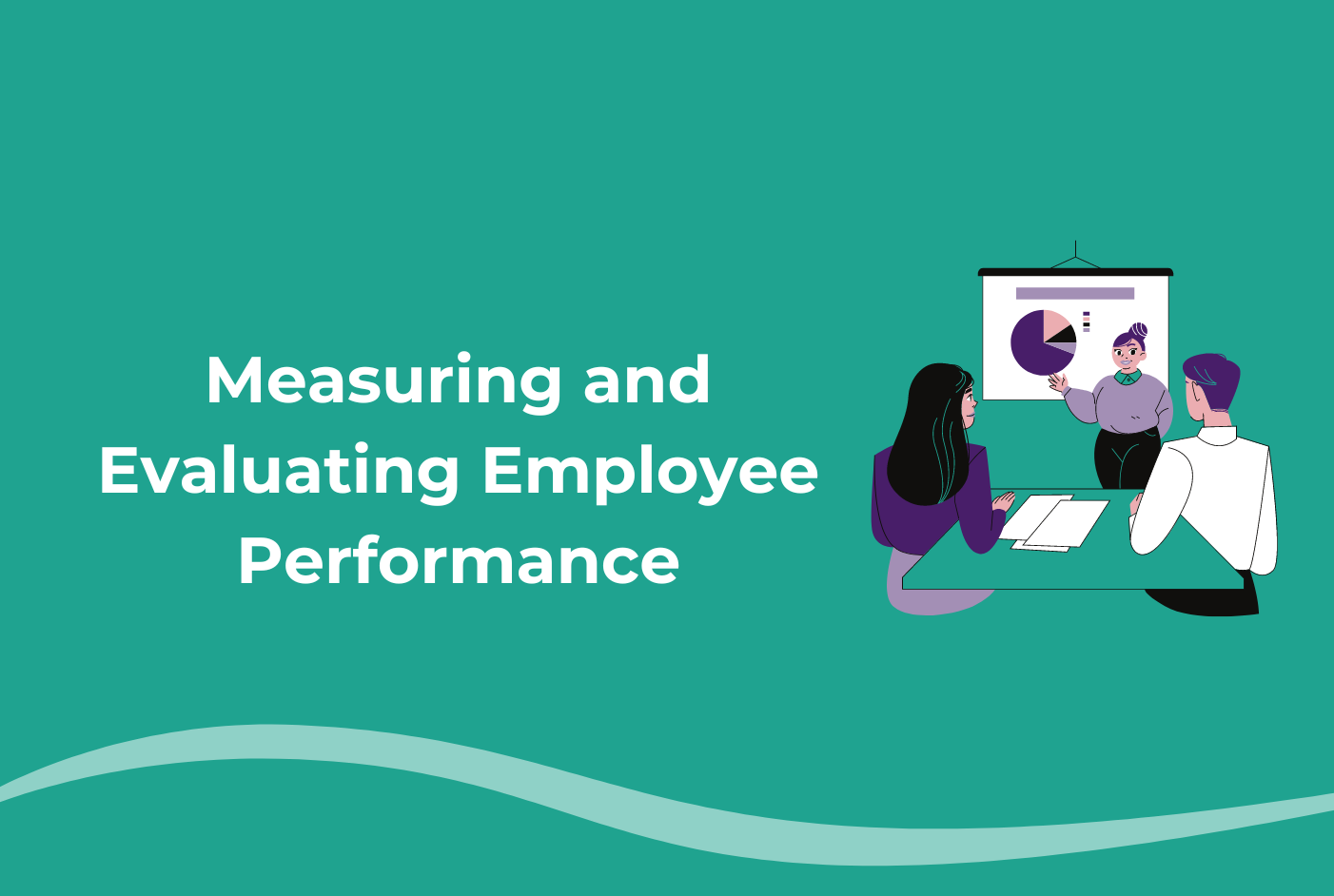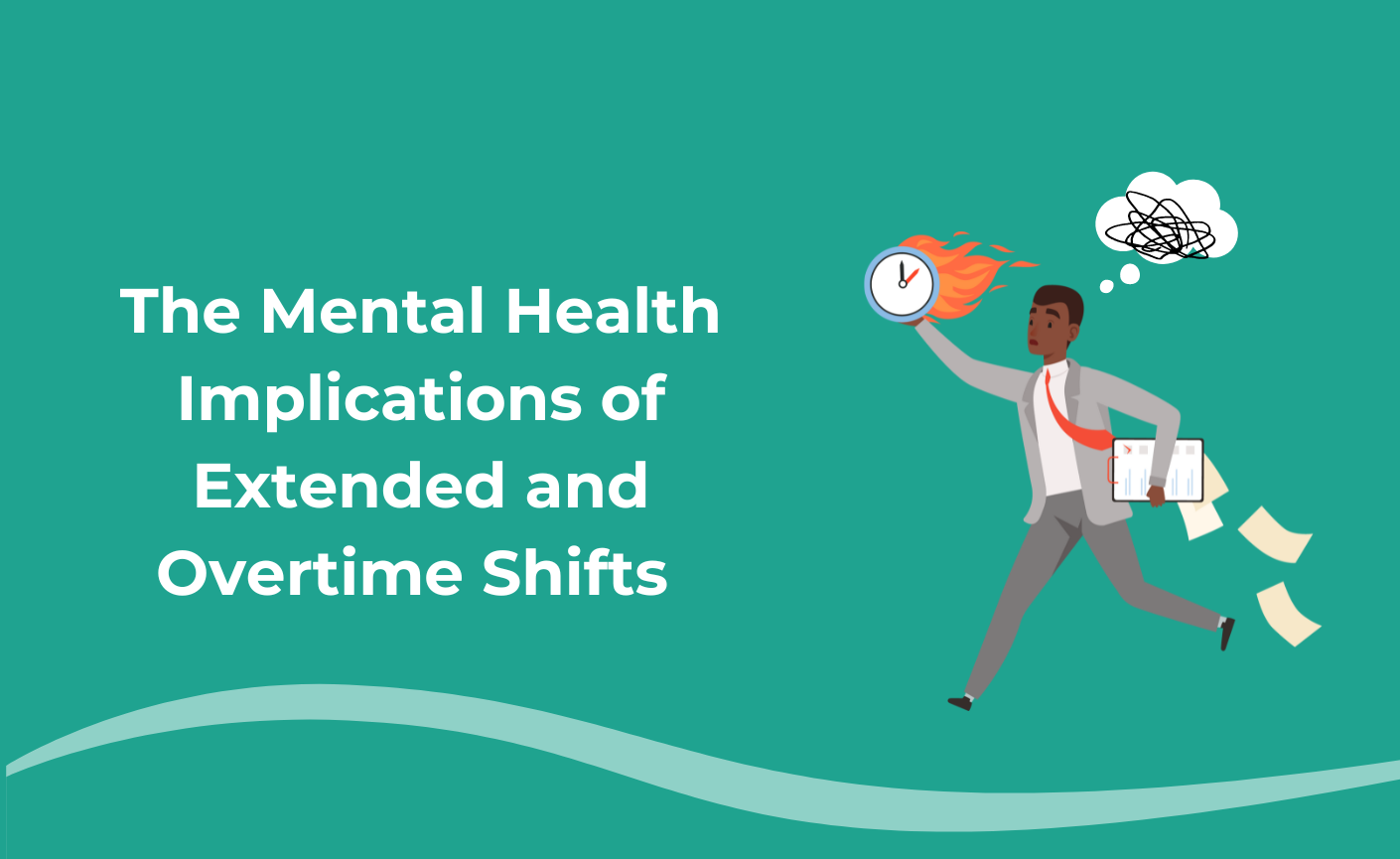When it happens once or twice, employee absenteeism does not seem a major problem. After all, employees have a personal life outside work, and emergencies can happen. And one single employee missing from a team is a problem that can be solved when everyone works together.
But what if missed workdays become so frequent that they can no longer be ignored? What happens when employees’ absenteeism rates start affecting organisational performance? This article will talk about some practical solutions that can be implemented to deal with employee absenteeism.
What is employee absenteeism?
A frequent lack of work attendance without a valid cause is called absenteeism. It does not include sick days, no-call, or other exceptional circumstances.
Employee absenteeism is currently on the rise, with around 40% of workers pretending to be sick in the last 12 months when they weren’t. People were also found to invent various types of creative excuses to avoid coming to work.
Ways to deal with employee absenteeism
It is difficult to reduce absenteeism once it becomes a habit amongst your employees. This is why it is important to monitor absence rates and implement some measures before the problem becomes too advanced.
Focus on employee engagement
Engaged employees are more motivated to come to work. They also feel more connected to their job and co-workers and find work more meaningful. Some employers find various ways to engage employees in their work, such as offering incentives for perfect attendance or only allowing limited sick days. However, while these ideas might work in theory, encouraging workers to attend work even on their sick days can compromise the other employees’ health.
Instead of offering this kind of incentive, employers can benefit more simply by creating a great work environment where everyone is eager to work.
Allow employees to work from home
Create a generous work-from-home policy. Oftentimes, employers take sick days for reasons other than being sick. Sometimes they are caring for a loved one, taking family members to the doctor, or for other personal reasons such as a child’s performance, etc. If your employees know they can work from home instead of calling in sick, you’ll get happier and more productive employees.
Implement an absenteeism policy
Businesses need to have clear absenteeism policies that define what those are and how the leader can deal with excessive employee absenteeism. The policy should state what number of absences are tolerated and contain clearly defined disciplinary actions that can be applied when an employee violates the policy.
Having these facts helps employers remain objective and just towards all employees. Besides, workers have more clarity over the implications of their absenteeism.

Gain FREE access to Heartbeat
Get a free Heartbeat Survey.
Let us uncover the true state of your team’s wellbeing with a free mental health survey for your entire organisation.
Gain valuable insights to see how you can better support your team’s mental health and performance.
No pitch. No credit card required.
Consider having a flexible work policy
While an absence policy informs of the consequences of repeated missed workdays, a flexible work policy can lighten up the environment in the workplace.
This type of arrangement can have positive effects on employee engagement and retention and can even improve overall attendance. A flexible work policy can reduce stress amongst workers in case they have other commitments to attend to at certain parts of the day.
Build a strong team culture
When a team of employees shares a strong bond, it is more difficult for one team member to repeatedly miss work. This is because they know that their absences will negatively impact the rest of the team. Similarly, if one employee misses work for a good reason, the rest of the team will be more motivated to pick up the remaining work and cover for the absent worker.
- Set inspirational goals
It starts with the basics of communicating expectations and documenting an absence policy. People work for a paycheck, but nobody lives for money. If we want to boost attendance, we need to inspire them with a clear organisational purpose. By establishing and communicating that purpose, team members will be more inspired to show up and deliver incredible work on a regular basis.
How we can support mental health at work
We understand that emotional support during difficult times is paramount. For this reason, our team of psychotherapists are here for you anytime you want to get in touch with someone.
SupportRoom offers flexible mental health support for employees in the form of online therapy, self-help tools, and wellbeing monitoring. Besides, it helps leaders identify mental health trends in the workplace with data-driven insights. This way, you can implement changes and mental health initiatives knowing exactly what’s going on behind the scenes.
You can find out more information about SupportRoom here.
Do you want to find out how we can bring mental support to your organisation? Book a call here and let’s get to know each other.

Gain FREE access to Heartbeat
Get a free Heartbeat Survey.
Let us uncover the true state of your team’s wellbeing with a free mental health survey for your entire organisation.
Gain valuable insights to see how you can better support your team’s mental health and performance.
No pitch. No credit card required.






